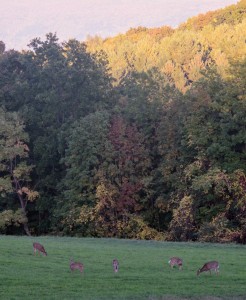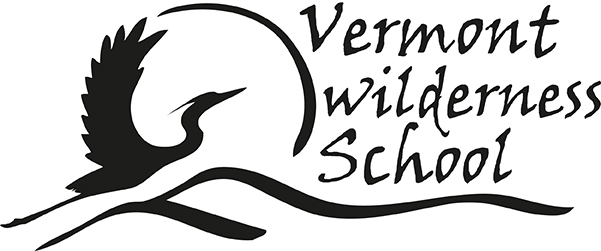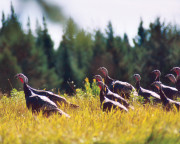Why Hunting?

At the Vermont Wilderness School, we embrace hunting as an essential human pursuit. To kill and eat a wild animal is a sacred act, and our intention is to demonstrate that for all participants in our programs, youth and adult. Hunting requires us to know our natural environment, and can put our wilderness skills to the test. But that is not why we do it. We do it because it is a natural part of who we are as a species. If we are going to eat meat, then we want to be able to go through the full process: tracking and killing that animal, taking apart its body, and cooking and preserving as much of it as possible for food and other uses. It is also essential that we express our gratitude for the life of this animal.
We respect that many people do not hunt and would never choose to. We accept that many people disapprove of hunting, and in some cases the eating of any meat and/or animal products. We respect all these views, and invite respect for our views.
Why include hunting in a camp for teens?
In the early teen years, young people are grappling with complex social, personal, and ethical issues. They want to try out new ideas and practices. They can handle paradox and complexity. Hunting naturally forces us to engage with important questions such as environmental ethics, animal rights, weapons and gun violence, and forest and wildlife management.
The Wild Within Camp is designed for teens who have some kind of attraction to hunting. We think it will be a good experience for a teen in any of the following categories:
- I’m an avid, experienced hunter.
- I have no experience hunting, but I’m pretty sure I’ll love it.
- I have no experience hunting, and honestly I’m not sure if I would ever actually want to do it.
Will these teens actually be hunting?
The Wild Within Camp does not include any gun or bow hunting. We might take the life of an animal in another way (for example fishing, snares, and/or slaughter of an agricultural animal such as a chicken). Any killing of animals will be conducted with our foremost intent being to minimize the animal’s suffering.
Please contact us (office@vermontwildernessschool.org) if you have questions. We welcome the conversation.


